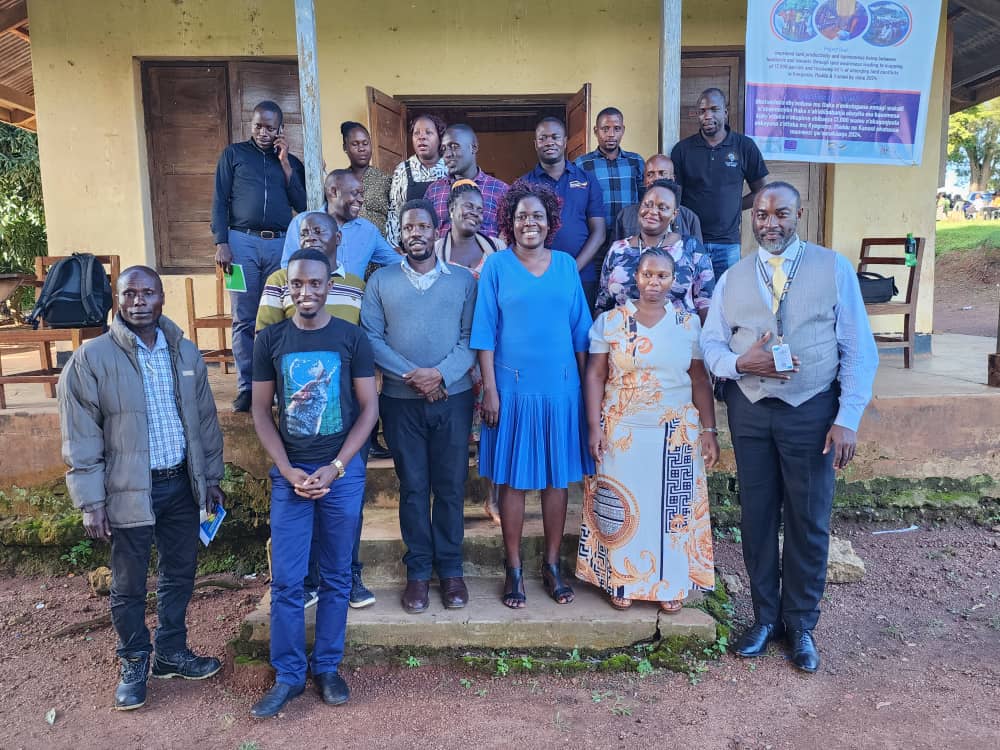In a world in which immediacy and instant delivery are becoming increasingly normalised, the pushback has started in some quarters. Content, products and services that are being delivered ever more cheaply and quickly is no longer the future that many of us want.
AI is increasingly churning out subpar writing, Teemu and Shein have quickly disrupted the market with super-cheap products, and Amazon continues to lower prices across the board. But rather than criticising any particular business or industry for giving many consumers more of what they want, we’re going to look at the other side of the coin. How can we all benefit from paying a little more and waiting a little longer?
The beauty of paying a little more is that you get to reconnect with skilled individuals and artists who have perfected their craft over many years. It’s a chance to embrace the finishing touches that bring everything to life in a way that mass-produced items are forced to overlook in order to be cheaper and faster.
While there’s a lot to be said for the cost-effective and timely delivery of something that is ‘good enough’, is that really what we want to settle for as the norm? If it’s all about finding quick and affordable solutions, there’s nothing wrong with this, but that’s not really what we want to enjoy in every aspect of lives.
A book written by someone with real passion, a piece of furniture shaped and crafted, and a unique work of art that truly means something are things that simply cannot be rushed. The beauty and enjoyment they bring into our lives is more than worth the wait, and is what allows us to enjoy them on levels that extend far beyond price and speed. They become pieces that enrich our lives, allow us to dream and give us something to reflect on as we relax at the end of another long day. This used to be the norm, and yet today, it’s seen as a throwback or some form of personal indulgence.
But is this all really just a push for traditionalism and sentimentalism, or is there something else at play? The more you think about it, the more you start to see the importance of keeping skilled people at work. Of course we’re not trying to portray the shift away from instant delivery and content as some form of charitable act — but it does have the same type of impact.
We don’t really want to live in a world where the things we can add to our lives are dictated and shaped by algorithms, SEO and the factory that will deliver for the lowest price. The beauty of embracing slower living in this sense is that we can let human creativity flourish without constraining it with budgets and algorithms. There’s also an important lesson that we can pass on to the next generation.
One of the issues with the world becoming increasingly digital and interconnected is that future generations won’t remember what the world was like before. In a single generation we could completely lose what it means to find someone who has a skill and give them time to practice their craft. AI bots answering our questions, websites selling us everything at a cut price and social media feeds driving the way we spend our free time. All of this quickly adds up to a globalised world in which individuality is increasingly pushed to the margins.
Embracing artistic thinking and creativity doesn’t just help us enjoy the finer things in life — it serves as inspiration for all of us. Connecting with the thoughts and ideas of one of the world’s great writers can provide you with a view on a nuanced topic that AI can simply never offer. The emotions a painting conveys, or the aesthetics of handcrafted furniture, are always going to be so much deeper and more personal than anything that comes as a digital download or can be built from a flat pack kit.
In a world where so much of what we want is granted instantly online, there’s a lot to be gained by slowing down certain tasks. No one really wants to read a book generated in 60 seconds by AI, or to get a next-day delivery on clothes that are putting skilled tailors out of business. Keeping the instantaneous interactions we experience to simple information transfer is a starting point we can all work from. Checking train timetables, finding online casinos or looking at restaurant opening times are best when they’re instant. Everything else works so much better when it takes that little bit longer. But how do we do it?
At a time when household budgets are constrained more than they have been in a generation, we know it’s not the right moment to push for more spending. The key point is that we can take our time, spend less often, and gradually turn away from instant gratification and the ‘need’ to have the latest viral product. The same is true for the content we consume in the evenings. A good book by a respected author, or a TV series written by a skilled writer, can be such a richer experience than the infinite scroll on social media. It also gives us permission to take control of our own choices, rather than simply sitting passively and being fed content by a predicative algorithm.
Taking back control of what you consume, and how you consume it, will give you the ability to find new things in a truly natural way. We all have the chance to embrace those moments that seem to come out of nowhere. Perhaps it’s time we stop endlessly consuming data from a massive database that is constantly trying to attract our attention.
Life really can work better when things take longer and cost a little more.
Do you have a story in your community or an opinion to share with us: Email us at Submit an Article








